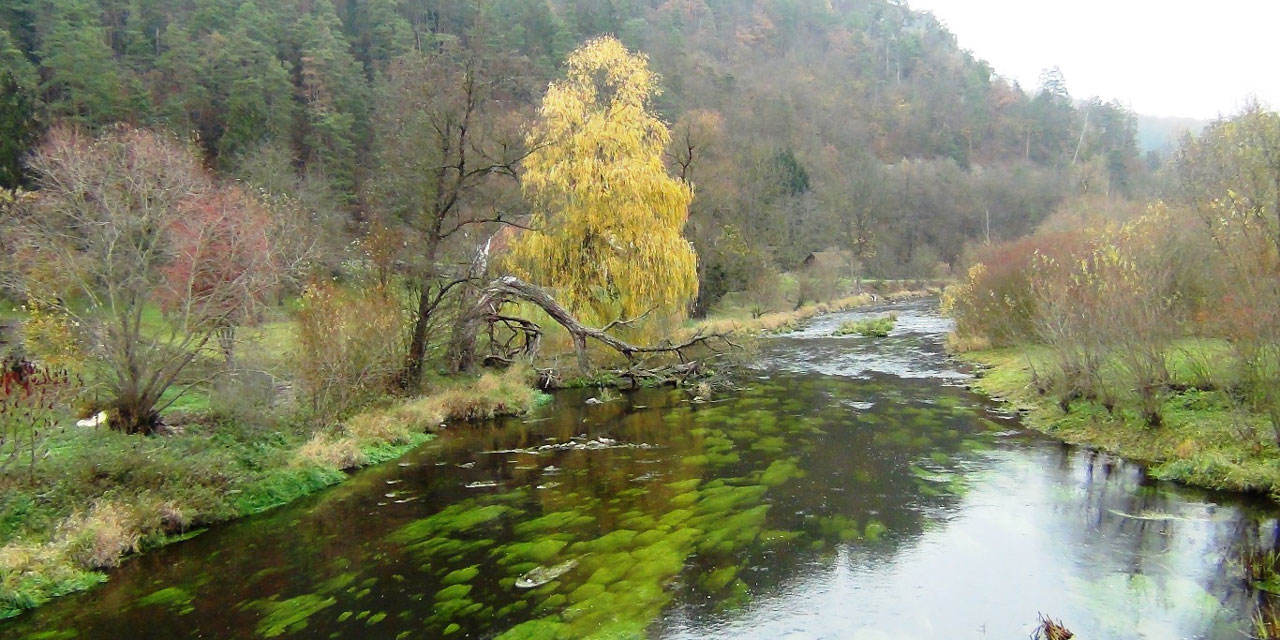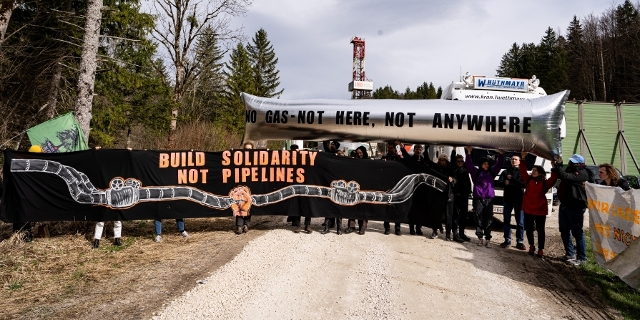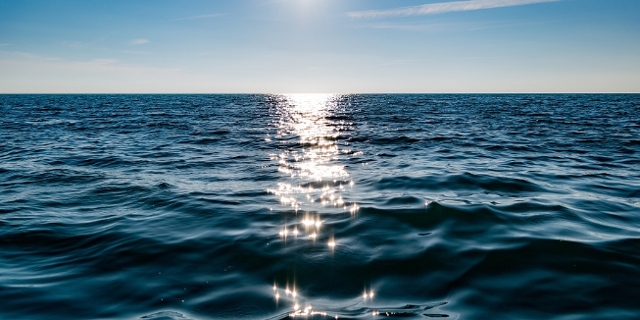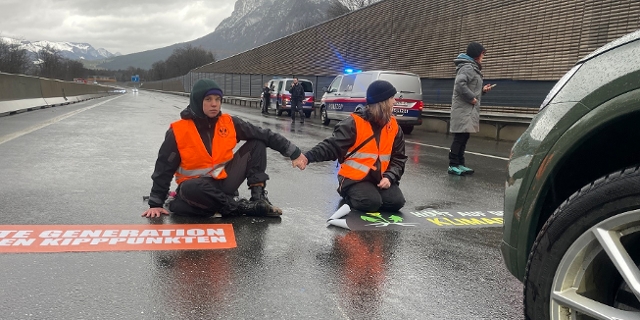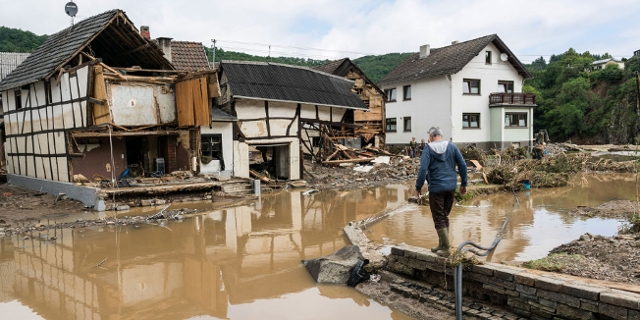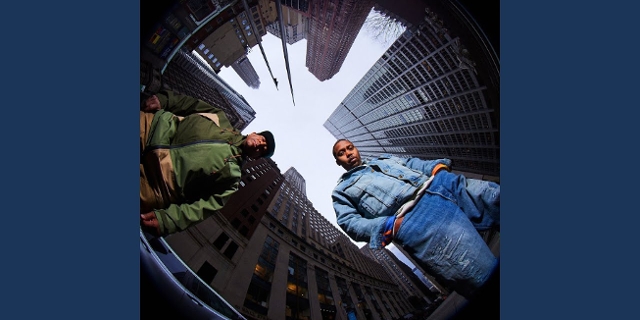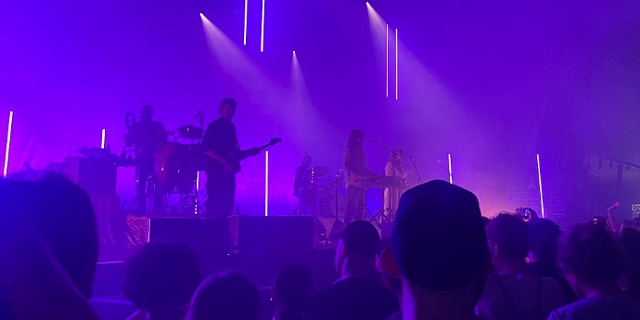Renewable Energy vs. Nature Conservation
The stretch of the river Kamp, near the village of Rosenburg in the Waldviertel, is spectacularly beautiful.
The brown water rushes over rounded rocks below a steep wooded bank. On the day of my visit, I look up at the grey sky, where a white-tailed eagle is circling overhead above an autumnal forest. It’s a rare sighting of one of the biodiversity icons of this part of Austria. The great bird’s timely appearance seems almost stage managed, because I have been brought to this spot by the WWF’s Gerhard Egger, who wants to highlight the important role this river plays in the Austrian eco-system.
Wie umweltfreundlich ist Energie aus Wasserkraft eigentlich? Und was sind wir bereit für eine Energie-Wende zu opfern? #COP24
Gepostet von radio FM4 am Montag, 10. Dezember 2018
Intact Nature
“It’s of unique importance because we don’t have so many rivers left of this kind”, he tells me. This is the beginning of a stretch of about 10km of water that the WWF says is ecologically rich enough to be counted among the 15% of Austria’s “natural or near natural rivers”, which means that all, or almost all, of their natural values remain intact.
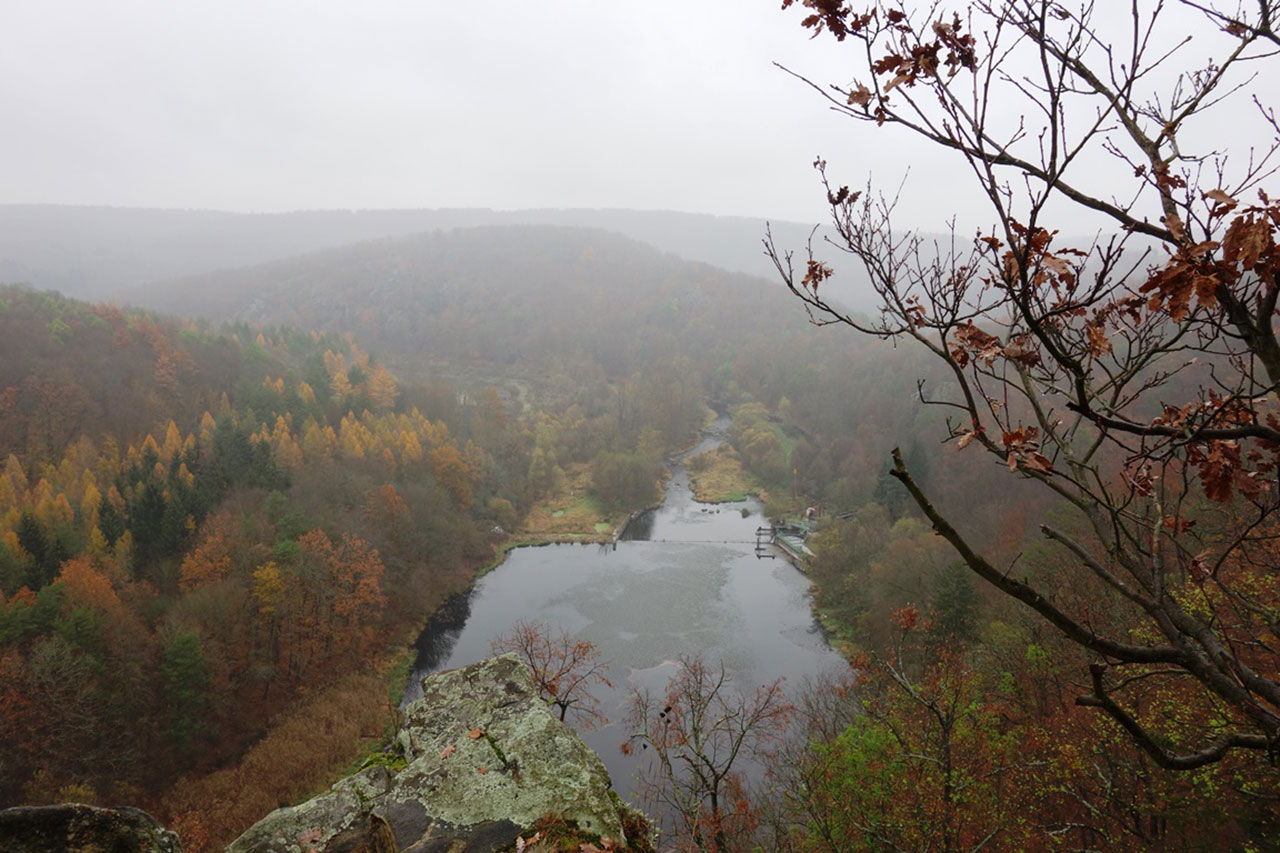
Chris Cummins / Radio FM4
Now, say conservationists, at least 2km appear to be threatened by plans of the energy company EVN to build a new hydroelectric power plant, to replace the current smaller one built in 1907. The dam will be made 1.6m taller, and the reservoir of retained water will be lengthened by 300 metres.
Biodiversity in danger
When the plans were announced three years ago, a citizens’ initiative - Lebendiger Kamp - sprang up to keep the diggers and bulldozers out. “What they want to do here is to dig out the river bed to have more energy in the water at the power plant,” says Lebendiger Kamp’s Stefan Glaser, an irrigation expert who has sunk hundreds of hours of voluntary time into opposing EVN’s plans. Riverine biodiversity is dependent on a certain speed of flow and he says the project would jeopardize this:
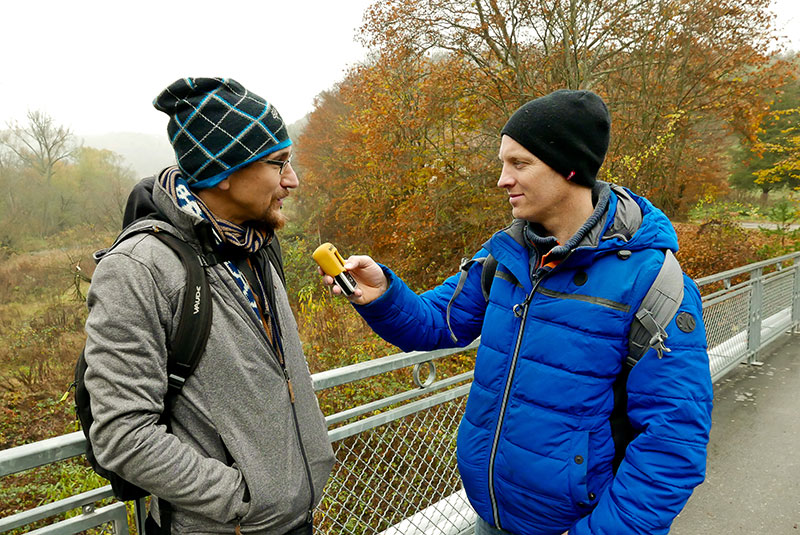
Chris Cummins / Radio FM4
Stefan Glaser interviewed by Chris Cummins
“The water would only run very slowly and it would have no dynamics any more. In a few years the river bed will fill with sediment and we will lose all the big stones and gravel and we will lose a wild habitat.” He says he has been compelled to fight the EVN plans out of “respect for the river.”
„We want to modernize“
“It is very beautiful in the area,” admits EVN spokesman Stefan Zach, via a Skype interview, “but it is not a nature reserve. The water at Rosenburg has been used to create electricity for over a hundred years and now the old power station has come to the end of its natural life. We want to modernize it to create significantly more renewable energy.” EVN says the capacity will be doubled from around 1200 households to 2400, which is about the capacity of a modern wind-turbine.
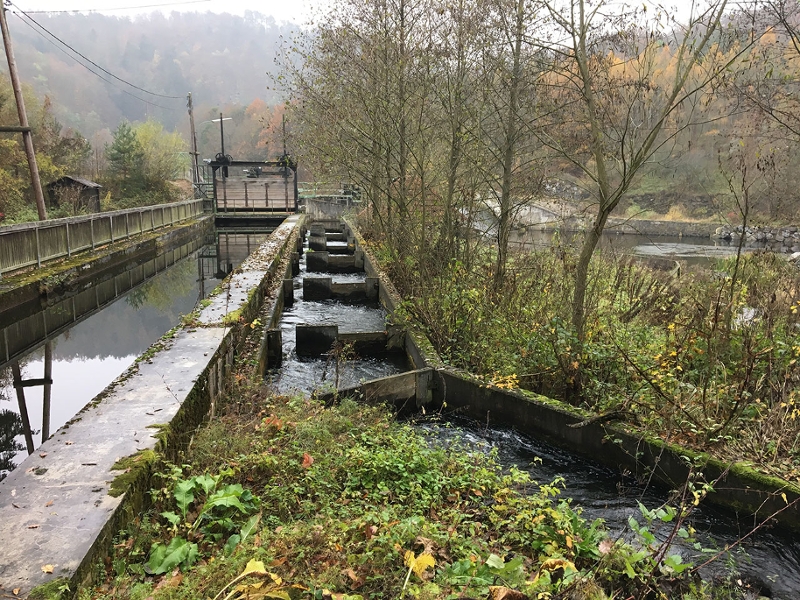
Chris Cummins / Radio FM4
Just a minor intervention?
Zach points out that the generated electricity can be cabled straight to the local communities. In essence, he argues, it is a local renewable project that is playing its own small role in the fight against climate change. He brushes aside the emotive arguments about the river’s unique ecological status, saying that the Kamp is heavily modified, with 6 power plants upstream and 17 further downstream. Therefore, he says, one more modernization project ultimately won’t make a difference to the river’s health.
Gerhard Egger of the WWF turns that argument on its head. “We already have 5,200 hydroelectric power plants in Austria. We’re not against hydroelectric power per se, but enough is enough. We have to protect this important part of our ecology.” Besides, says Glaser, the electricity gain from the proposed project at Rosenburg is “ridiculous” compared to the nature lost. He says that since electricity consumption in Austria is growing at a rate of 1.5% per year, it would be better to look for ways to reduce our use of power rather than sacrificing the last stretches of river for our insatiable appetite for electricity. If energy is to be added to the grid, it should come from less destructive forms: “Lower Austria has plenty of potential to create solar power,” he says.
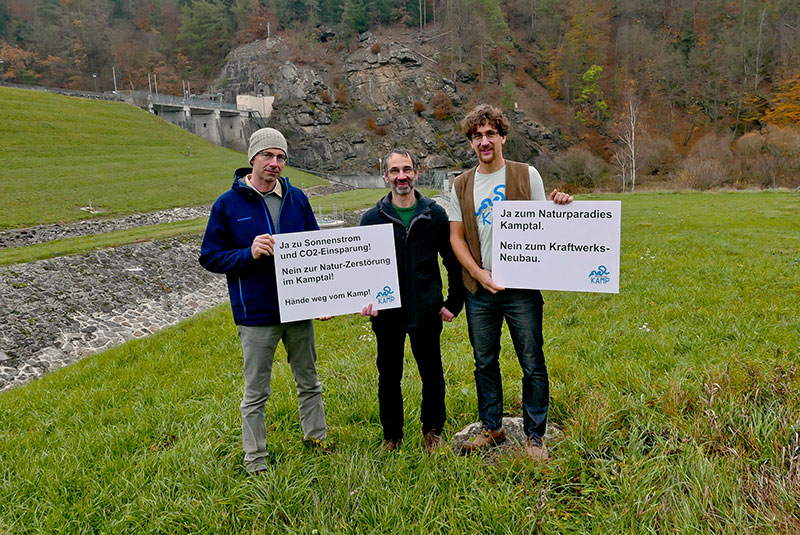
Chris Cummins / Radio FM4
This, says Zach, is an outdated way of thinking. “It is not about choosing one form of renewable energy over another,” he argues. “In order to fulfill the climate and energy goals set down by Austria, we will need all forms: solar, wind, biomass and hydroelectric power.”
Living Up To The Climate Obligations
The local opposition is far from unanimous but is strong. When collecting signatures to have their group recognized as a “citizens’ initiative”, Lebendiger Kamp gathered over 500 signatures in just three weeks and, this year, the WWF added much weight to the protest movement by highlighting the battle in its #ProtectWaterproject. So why does EVN, which oversees dozens of less controversial projects, insist on pushing through such a relatively small initiative?
“90% of our customers want to see an expansion of renewable energy,” says Zach. “We want to live up to their expectations. Some NGOs would want us to rip away an old hydroelectric power plant and replace it with nothing. If we were to agree, on the eve of the Climate Summit in Katowice, then would that send out on the wrong sort of message about the future of renewable energy in Austria?”
„We can’t sacrifice our last rivers?“
If anyone is guilty of outdated thinking insists Gerhard Egger, it is anyone who believes energy production trumps keeping the balance of nature: “We talk a lot about sustainability and that means using our resources in a way that doesn’t spoil the environment. The hydroelectric power plant would have negative impacts on fish and on water quality. We can’t sacrifice our last rivers, our last water resources, for the benefit of renewable energy.”
Publiziert am 27.11.2018







